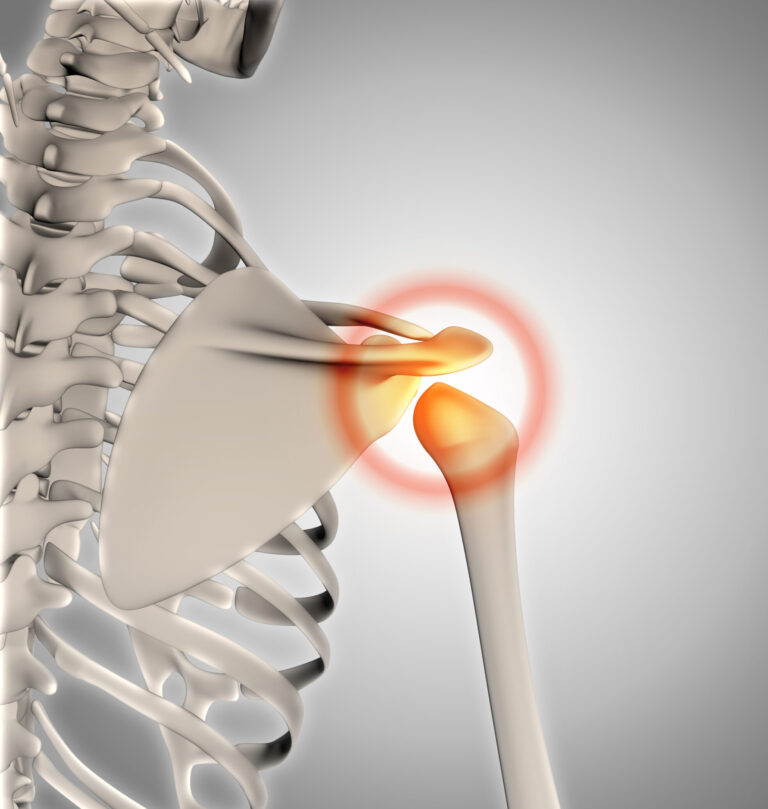Bone Graft
Bone grafting is a surgical procedure that uses transplanted bone to repair damaged or diseased bones. Surgeons may take bone from your hips, legs, or ribs for grafting, or use donated cadaver bone. Inside bones, living cells maintain their strength and repair them when needed.
Sometimes, a significant loss of bone requires grafting for complete healing. During a bone graft, new bone is inserted into the damaged area, and the cells within it help seal and heal the old bone. This procedure is often performed alongside other medical treatments and typically requires general anesthesia.

Symptoms
Bone grafting may be necessary for various medical reasons, such as:
- A suspected non-healing fracture that requires grafting support.
- A previously untreated fracture that didn’t heal properly.
- Bone diseases like osteonecrosis or cancer.
- Spinal fusion surgery for an unstable spine.
- Dental implant procedures to replace missing teeth.
- Surgical device implantation, such as total knee replacements, to stimulate bone growth around the implant.
When to access Medical Care
The preparation for dental implants may require the expertise of several specialists, including an oral and maxillofacial surgeon specializing in mouth, jaw, and facial conditions, a periodontist specializing in the supporting structures of teeth like gums and bones, a prosthodontist skilled in designing and fitting artificial teeth, or occasionally an ear, nose, and throat (ENT) specialist.
Determinants of risk
Bone grafting is generally considered a safe procedure, but like any surgery, it carries some rare risks and potential complications. These may include:
- Infection
- Bleeding
- Blood clot formation
- Nerve damage
- Complications related to anesthesia
- Very rare instances of infection from donated bone
The success of your bone graft can also be influenced by various factors, such as whether donor tissue is used, your overall health condition, and your age. Certain lifestyle factors, like smoking or having diabetes, may affect the likelihood of successful graft healing. It’s essential to discuss any concerns and specific risks that apply to your situation with your healthcare provider.
Recovery process
Recovery duration varies, contingent on factors like patient characteristics, chosen procedure, and the extent of severity.
Why entrust your care to us?
At Steps 2 Cure, our foundation of trust is built upon several key pillars that ensure your confidence in our services and expertise. Our team comprises highly qualified professionals with extensive experience in their respective fields. Their knowledge and skills enable us to offer you the best possible care and solutions for your medical needs. We understand that each individual is unique, and so are their healthcare requirements.
That’s why we prioritize tailoring our treatments and approaches to your specific circumstances, ensuring that you receive care that is truly designed for you. You are at the heart of everything we do. Your comfort, concerns, and aspirations guide our efforts. Our compassionate approach ensures that you feel valued and supported throughout your healthcare experience.
To commence the treatment procedure, you can start by forwarding your questions via WhatsApp at (+91 99xxxxxxxxx) or by sending an email to care@steps2cure.com. Our team will ensure a swift response to your queries.
Bone Graft
Still have a Query?
Your health and peace of mind matter to us, and we’re dedicated to addressing any inquiries you may have with care and expertise. Feel free to reach out.
Subsribe To Our Newsletter
Stay in touch with us to get latest news and special offers.

